Senate Minority Leader Chuck Schumer, D-N.Y., speaks to reporters as House Minority Leader Hakeem Jeffries, D-N.Y., looks on at the U.S. Capitol on Sept. 29, 2025, after meeting with Republican Leadership and President Donald Trump about a potential government shutdown. Vice President JD Vance said that the federal government was “heading to a shutdown” in less than 36 hours, blaming congressional Democrats for placing conditions on support for a short-term budget bill. BRENDAN SMIALOWSKI/AFP via Getty Images
 By Eric Katz,
By Eric Katz,
Senior Correspondent
By Eric Katz
|
Democratic leaders say “large differences” remain after meeting with President Trump.
President Trump and congressional Republicans still have “large differences” with Democrats with just more than a day until the government shuts down, as the two sides emerged from a White House meeting seemingly no closer to a resolution.
Democratic leaders issued some proposals to Trump during the meeting related to health care and funding rescissions, they said afterward, but Republicans remained steadfast that they would not negotiate over those issues until the government is funded.
Current spending is set to expire Tuesday evening. The House has approved a stopgap bill to keep agencies open through Nov. 21, but Democrats have so far blocked it from proceeding in the Senate.
The two sides had a “frank and direct discussion” on Monday afternoon, House Minority Leader Hakeem Jeffries, D-N.Y., said, adding that “significant and meaningful differences remain.”
Senate Minority Leader Chuck Schumer, D-N.Y., suggested Trump seemed amenable to some of their proposals and it would be up to him to avert a shutdown. Democrats have demanded that Congress take action to prevent Affordable Care Act premiums from going up at the end of the year as part of any measure to keep government open.
Vice President JD Vance, however, said after the meeting that Democrats were holding the government hostage and Republicans would not negotiate with them. He also made a pessimistic prediction ahead of the looming deadline.
“I think we’re heading toward a shutdown,” Vance said.
Russ Vought, who heads the Office of Management and Budget, did not after the meeting comment on his agency’s guidance that government offices implement widespread layoffs if a shutdown occurs, saying only the administration wants to keep the government open. He added if a shutdown occurs, “we will manage it.” Asked about the staffing cites, Vance said they would do what is necessary to keep essential services operational.
The carrying out of reduction-in-force notices will itself be one of those “essential services,” as the administration issued new guidance to ensure employees overseeing them remain on the job during a shutdown. Hundreds of thousands of employees would separately be furloughed during a shutdown, but those workers, if they are not laid off, would be placed back into their jobs with backpay when the government reopens.
Sen. Susan Collins, R-Maine, who chairs the Senate Appropriations Committee, said it would be “extremely unfair” to allow federal employees to permanently lose their jobs during a shutdown “through no fault of their own.
“We’ve already seen the harm that arbitrary layoffs and dismissals and early retirements have caused agencies,” Collins said.
Other Republicans agreed that federal workers should not lose their jobs over the funding impasse.
“Most federal employees just want to show up and do their job as good as they can do,” Sen. Thom Tillis, R-N.C. said. “I hate to see them kind of put into this mix right now when the real problem is us doing our job.”
Senate Majority Leader John Thune, R-S.D., said he would bring the House-backed continuing resolution up for another vote on Tuesday, and may do so repeatedly if it fails in hopes enough Democrats flip their votes.
